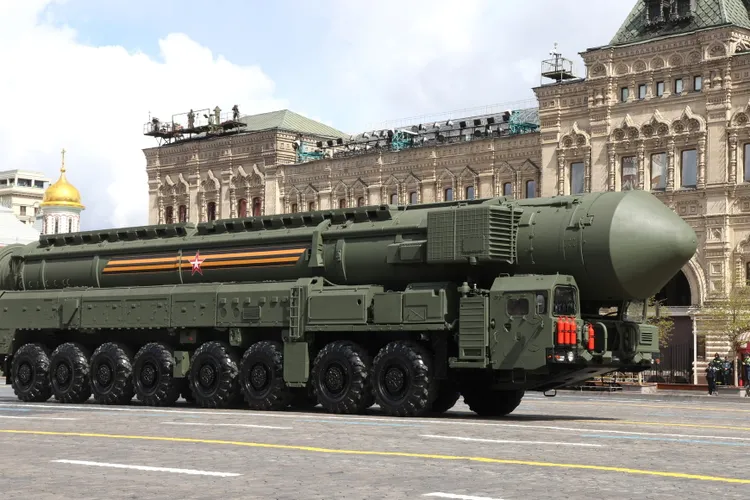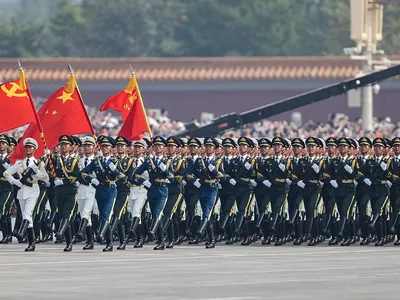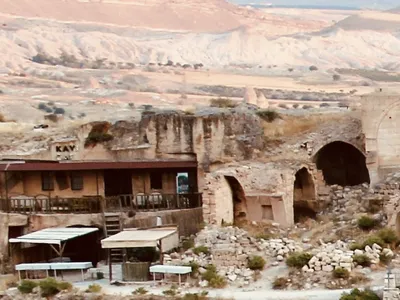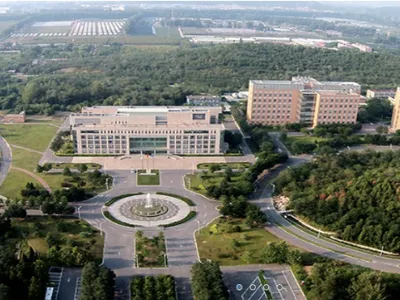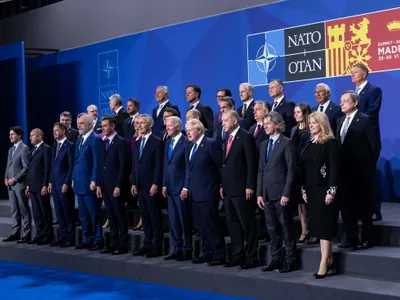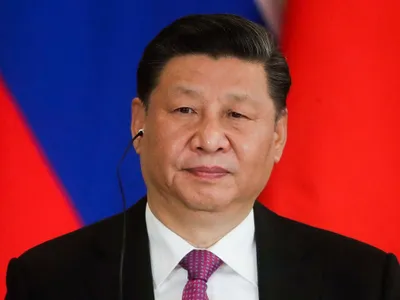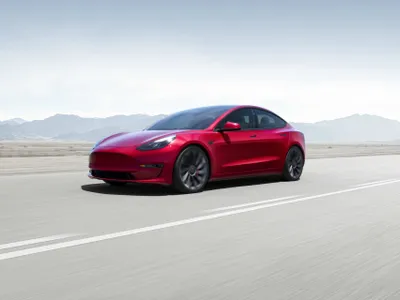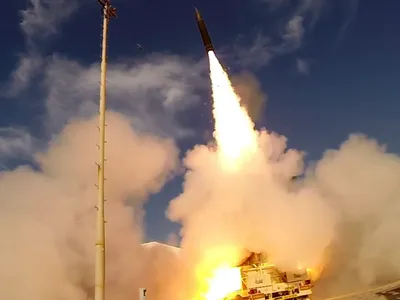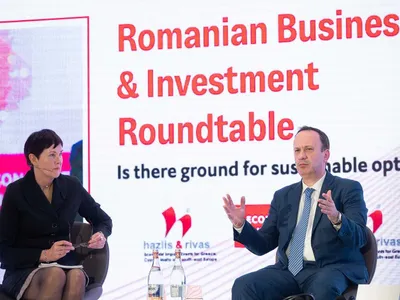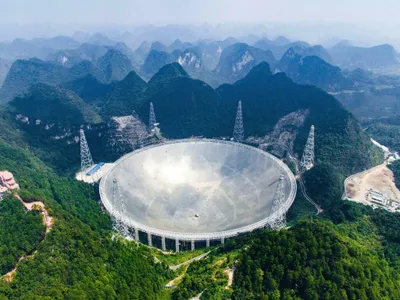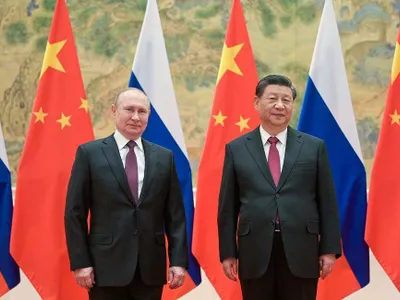Vestul, război nuclear cu Rusia, China
Vestul, război nuclear cu Rusia, China. Occidentul riscă să se poticnească într-un conflict nuclear cu China sau Rusia, deoarece canalele neoficiale dintre puterile rivale s-au prăbușit, a avertizat consilierul pentru securitate națională al guvernului britanic, Sir Stephen Lovegrove, potrivit The Times. SUA reia dialogul cu China Sir Stephen Lovegrove a spus că superputerile lumii s-au înțeles mai bine în timpul Războiului Rece și că de atunci s-a insinuat o întrerupere a comunicării care întreține un risc și mai mare al unei escaladări accidentale. Este așteptată joi o convorbire telefonică între președintele american Joe Biden și omologul său chinez Xi Jinping, în încercarea de a atenua tensiunile din Taiwan. Cei doi nu au mai vorbit din martie, deși Antony Blinken, secretarul de stat al SUA, s-a întâlnit luna aceasta cu Wang Yi, ministrul de externe al Chinei. Miercuri, la Washington, Lovegrove a lăudat decizia Casei Albe de a se angaja din nou într-un dialog cu China. Dar el a evidențiat și riscurile progreselor tehnologice care ar putea perturba echilibrul delicat dintre superputerile concurente. „Avem îngrijorări clare cu privire la programul de modernizare nucleară al Chinei, care va crește atât numărul, cât și tipurile de sisteme de arme nucleare din arsenalul său”, a spus Lovegrove. Vestul, război nuclear cu Rusia, China Rusia, China și SUA dezvoltă rachete hipersonice care pot evita sistemele de apărare aeriană. Pentagonul a anunțat luna aceasta că a testat cu succes două sisteme de rachete hipersonice. Există o îngrijorare tot mai mare în capitalele occidentale că China își continuă cursa pentru dezvoltarea următoarei generații de armament. Anul trecut, a testat o rachetă hipersonică care a înconjurat planeta înainte de a-și lovi ținta. Rusia a devenit prima țară care a folosit sisteme hipersonice într-un război, când Moscova și-a desfășurat rachetele Kinjal în Ucraina. Kremlinul susține că rachetele sunt capabile să transporte focoase nucleare. "Tsunami"-ul nuclear rusesc de TV Luna aceasta, Dmitri Medvedev, fostul președinte al Rusiei, a spus că sprijinul occidental pentru Ucraina a adus lumea în cel mai periculos moment de la criza rachetelor cubaneze din 1962. El a spus că, având în vedere dimensiunea arsenalului său nuclear, este „absurdă” și „reprezintă o amenințare la adresa existenței umanității” pedepsirea Rusiei pentru acțiunile sale în Ucraina. Televiziunea de stat rusă a avertizat Londra că Vladimir Putin ar putea șterge Marea Britanie de pe fața pământului cu un „tsunami” nuclear ca răzbunare pentru sprijinirea Ucrainei. Citește și: O nouă evaluare a dezastrului: peste 75.000 de ruși, morți sau răniți în agresiunea asupra Ucrainei, apreciază experții SUA Lovegrove a fost numit în cel mai înalt rol de apărare din Whitehall anul trecut. Într-un discurs la Centrul pentru Studii Strategice și Internaționale, un think tank american, el a spus că întreruperea comunicării cu China și Rusia a creat un risc mai mare de „escaladare rapidă spre conflict strategic”. El a spus: „Cele două blocuri monolitice, URSS și NATO, ale Războiului Rece – deși nu fără denivelări alarmante – au reușit să ajungă la o înțelegere comună a doctrinei, care este astăzi absentă”, a spus el. „Doctrina este opacă la Moscova și Beijing, darămite la Phenian sau Teheran.” Apariția rachetelor hipersonice, schimbare de joc Lovegrove a continuat: „În timpul Războiului Rece, am beneficiat de o serie de negocieri și dialoguri care ne-au îmbunătățit înțelegerea doctrinei și capacităților sovietice și invers. Acest lucru ne-a oferit amândurora un nivel mai ridicat de încredere că nu vom calcula greșit drumul către războiul nuclear. Astăzi, nu avem aceleași fundații cu alții care ne pot amenința în viitor, în special cu China. Aici, Regatul Unit sprijină cu fermitate discuțiile propuse de președintele Biden cu China, un pas important.” Lovegrove a spus că în ultimii 20 de ani a existat o proliferare a numărului de țări cu arme de înaltă tehnologie. El a adăugat că, odată cu apariția rachetelor hipersonice, evoluțiile în tehnologia cibernetică, spațială și războiul genetic au făcut lumea mai puțin sigură, potrivit Știrilor TVR.
